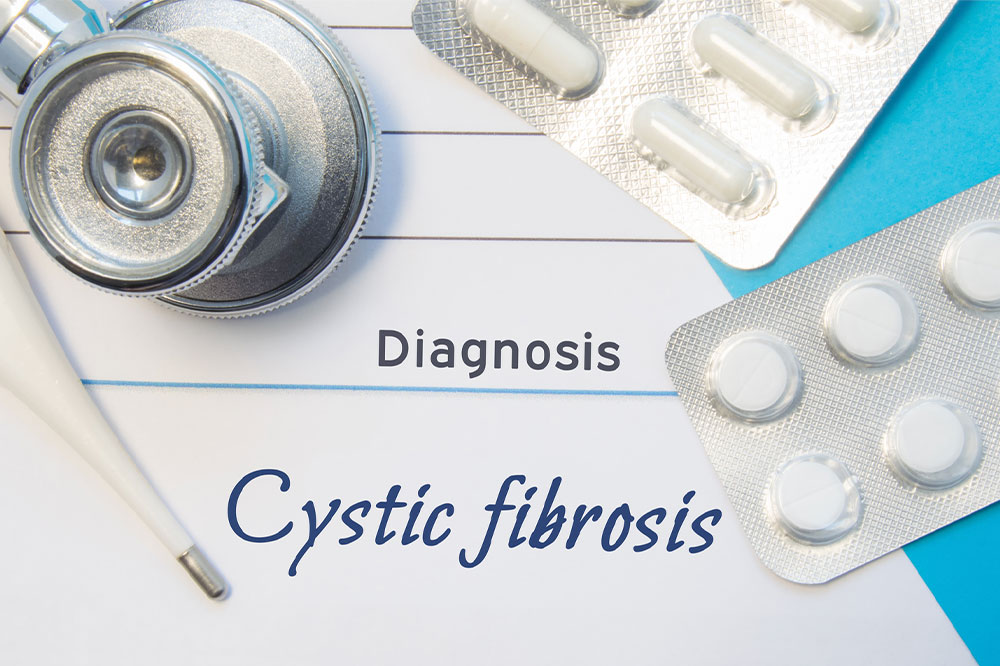Comprehensive Overview of Cystic Fibrosis: Diagnosis and Management Strategies
This article provides an in-depth overview of cystic fibrosis, focusing on current diagnostic methods and treatment strategies. It emphasizes early detection, comprehensive care, and ongoing research aimed at improving patient outcomes. Learn about the available tests, management options, and future prospects in cystic fibrosis care to better understand this chronic disease.

Understanding Cystic Fibrosis: Diagnosis and Treatment Options
Diagnosis Methods
Detecting cystic fibrosis involves multiple approaches. Prenatal testing helps assess the risk for a fetus carrying the faulty CFTR gene and is typically performed on one parent initially due to its cost. If positive, both parents are tested to evaluate potential risk. Fetal diagnostic procedures like amniocentesis and chorionic villus sampling are available but carry certain risks for the fetus.
Post-birth screening includes newborn blood tests, genetic analysis, and sweat tests. Many countries perform routine screenings to identify elevated immunoreactive trypsinogen (IRT) levels, indicating cystic fibrosis. Genetic tests target specific gene mutations associated with the disease and support diagnosis when other methods are inconclusive.
Additional Resources: Signs & Symptoms of Cystic Fibrosis
The sweat test is also common, suitable even for infants. It measures salt concentrations in sweat, as higher levels suggest cystic fibrosis. Testing is recommended for children and adults displaying unexplained respiratory or digestive symptoms. Early diagnosis is crucial, as late-onset or milder forms can occur in older individuals.
Management and Care
Currently, there is no cure for cystic fibrosis. Treatments aim to relieve symptoms, improve life quality, and prevent complications. Key strategies include clearing lung mucus, preventing infections, managing intestinal blockages, and ensuring proper nutrition. Early detection and aggressive treatment approaches are vital for better outcomes.
Medications such as antibiotics, anti-inflammatories, inhaled bronchodilators, and pancreatic enzymes are commonly prescribed. Physical and pulmonary therapies, surgical procedures like mucus removal or bowel repair, and, in severe cases, lung transplants, may be necessary. Supportive therapies include increased physical activity, nutritional support, and oxygen therapy when needed.
Advances in medicine have significantly extended life expectancy and improved care. Despite ongoing challenges, research continues to seek better treatments and a possible cure, fostering hope for the future of cystic fibrosis management.










